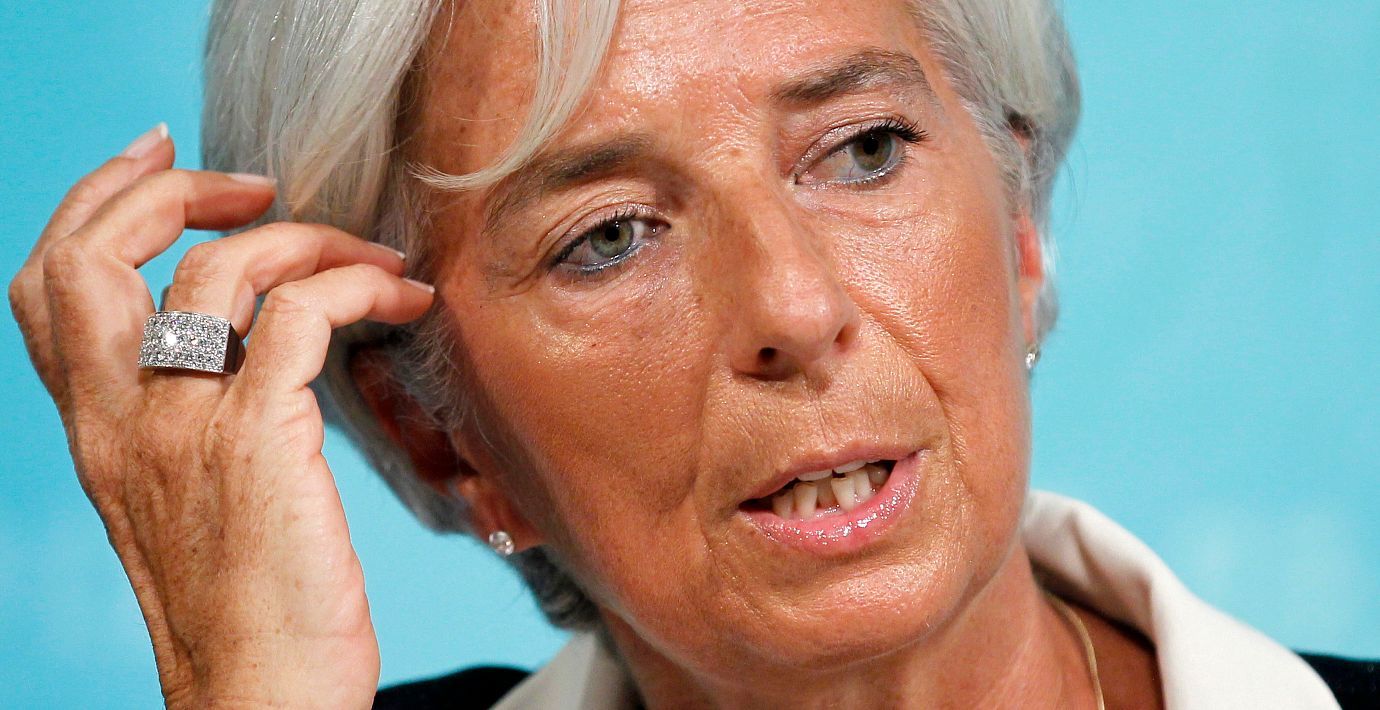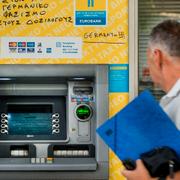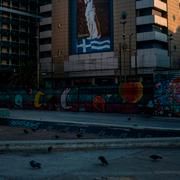
Känslosamt efter ”historiska” uppgörelsen
Efter åtta år av nödlån och stöd från internationella kreditgivare ska Greklands ekonomi stå på egna ben efter den 20 augusti. Det står klart efter en nattmangling i Luxemburg som resulterade i en uppgörelse tidigt i morse.
Den går ut på att en engångsbetalning om 15 miljarder euro betalas ut samt att förfallodagarna för stora delar av lånen skjuts upp med tio år.
– Det är ett historiskt ögonblick, säger EU-kommissionären Pierre Moscovici.
Greklands finansminister Euclid Tsakalotos säger att han är nöjd med utfallet.
– Jag tror att Grekland är på väg att vända blad. Jag tror att alla byggstenarna finns där, säger han.
IMF-chefen Christine Lagarde är något mer reserverad och uttrycker oro över den grekiska ekonomin på längre sikt. Hon menar samtidigt att uppgörelsen är ett känslosamt framsteg för de, likt henne själv, som följt den grekiska skuldkrisen från början. Det rapporterar CNBC.



